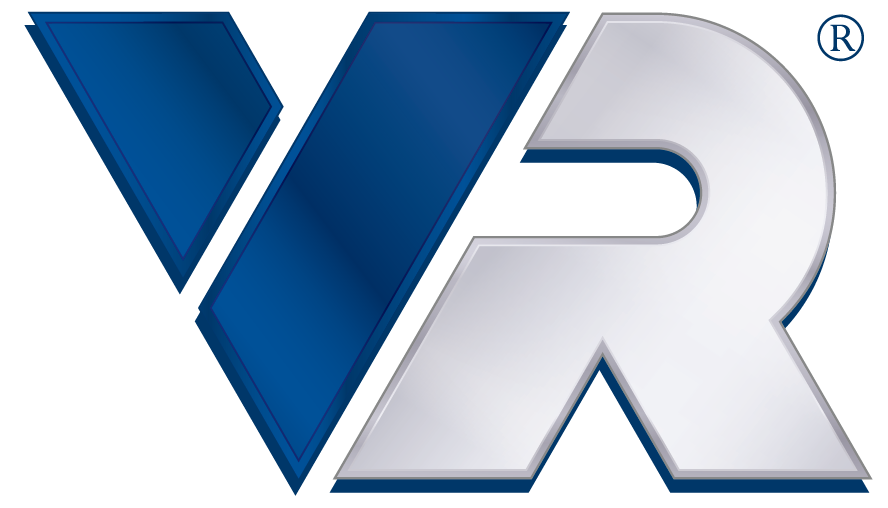What Is My Business Worth?
Every business owner wonders what their business is worth. VR has correctly valued 100’s of thousands of businesses since 1979. For all your requirements of business valuation in Charlotte, NC, contact us for a no obligation estimate of the value of your business.
When you work with a VR Intermediary to develop a valuation report, the goal is a simple one, the creation of an accurate and comprehensive document that advises a business owner the fair market value of their business. You will receive a professional business valuation that becomes the best tool to obtain maximum selling price. Our expert team is your best choice for all your business valuation in Charlotte, NC requirements.
Without a professional valuation, a business owner must be prepared to defend his opinion of value. Let VR provide the right market value of your business and take the sweat out of your requirement of a business valuation in Charlotte.

VR’s depth of experience coupled with a vast knowledge of valuation will result in an expert opinion of value, delivered in a responsive, timely and efficient manner. VR has valued and sold virtually every type of business. Hence do not hesitate to contact us for all your Charlotte business valuation requirements.
Small and mid-sized businesses typically depend on four key value factors:
- Seller’s Discretionary Earnings (SDE).
- Risk.
- Terms of the Sale.
- Industry.
Seller’s Discretionary Earnings: The main factor of determining value for small and mid-sized businesses is the total cash flow benefiting the owner – also known as Seller’s Discretionary Earnings (SDE).
SDE is calculated using the following five categories:
- Profit or loss as reported.
- Owner’s Salary.
- Discretionary Expenses.
- Non-recurring Expenses.
- Non-cash Expenses.
Once theses categories are added together and an SDE is developed, a multiplier is applied. The multiplier can range from 1 to 5 (or more), depending on many factors, to arrive at the appropriate value for the business.
Risk: The second valuation factor is the level of risk. Factors in this category include:
- Years in business and with the current owner.
- Profit trend.
- Quality of books and records.
- Franchise membership.
- Brand recognition/strength.
- Level of competition.
- Dependence on current owner.
- Diversification of customer base.
- Lease length and terms.
- Asset value.
Terms of the Sale: This is the one source of value that the business seller can almost completely control. Components of the terms include:
- Down payment.
- Interest rate.
- Monthly payment.
- Non-compete agreement.
- Seller training of buyer.
The majority of sales include the seller to provide some level of financing to the buyer of the business. With seller financing, the seller receives part of the purchase price at the time of the sale (“the down payment”) and the remainder over several years. The buyer uses the cash flow from the business to pay off the debt. Structuring a sale with attractive terms can significantly increase the value of a business.
Industry: Certain businesses are valued at five (or more) times the seller’s discretionary earnings while other businesses only bring 1 time. An important reason in determining the multiple of SDE is the industry of the business. Certain industries are more desirable than others. Factors influencing desirability include:
- The fun and ease of operating the business.
- Location.
- Facilities.
- Employee relations.
- Operating hours.
- Growth potential.
Valuing Your Business: To estimate the value of your business, we will consider all these factors, the selling prices of comparable businesses, as well as any other factors unique to your particular business that may make it more valuable. For all your requirements of a business valuation in Charlotte, NC, Contact us for a no-obligation estimate.
Wonder no more.
Contact VR Business Brokers for a free, no-obligation estimate of the value of your business.


